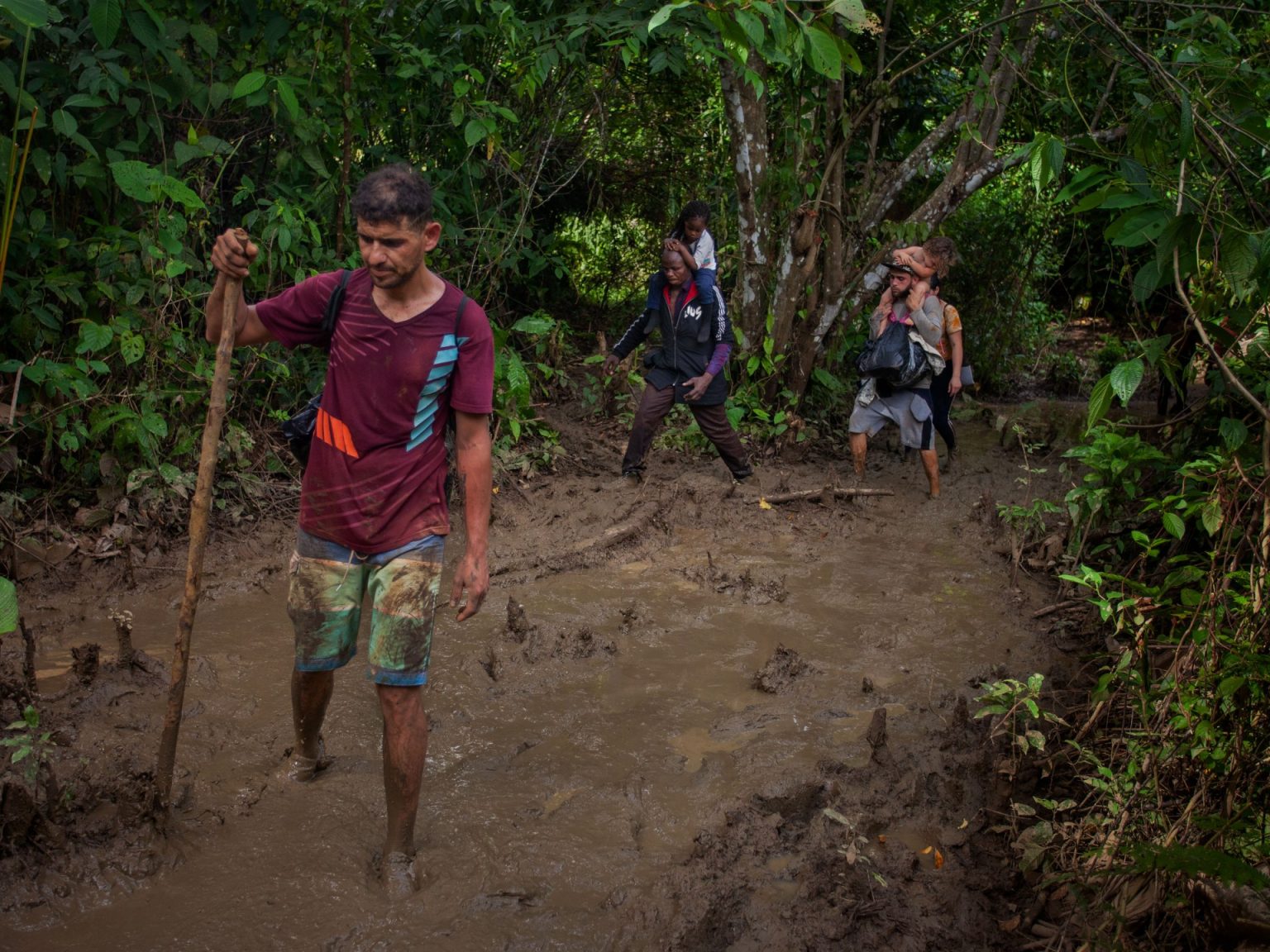Human Rights Watch has raised concerns about the safety of migrants and asylum seekers crossing the dangerous migration route in the Darien Gap between Colombia and Panama. The rights group criticized both countries for failing to adequately protect those making the journey and investigate abuses that have taken place, including incidents of sexual violence. They emphasized the importance of ensuring basic safety and respect for the human rights of individuals crossing the region and called on Colombian and Panamanian authorities to do more to protect migrants and asylum seekers as well as local communities.
The Darien Gap is a treacherous route that poses numerous challenges for those traveling through, including natural hazards such as insects, snakes, steep mountains, dense jungles, and strong rivers. Criminal groups also operate in the area, leading to robberies, extortion, and other forms of violence. Despite these dangers, the Darien Gap has become a popular migration pathway for individuals fleeing violence, socioeconomic crises, and hardships in their home countries, with many hoping to reach the United States. The number of people passing through the area has been on the rise, with over 520,000 migrants and asylum seekers crossing last year.
The majority of individuals crossing the Darien Gap in 2023 were from Venezuela, which has seen a mass exodus due to socioeconomic and political upheaval. Others came from various countries across South America, the Caribbean, Asia, and Africa. Human Rights Watch highlighted the role of the Gulf Clan, a drug-trafficking group, in exploiting migrants and profiting from their vulnerability. The organization called on the Colombian government to investigate the group’s activities in the region and allocate more resources to protect migrants and investigate abuses.
While the Colombian government’s limited presence in the Darien Gap was noted as a contributing factor to the vulnerability of migrants, most abuses, including robberies and sexual violence, were reported to occur in Panamanian territory. Panama has implemented a “controlled flow” strategy to manage the increasing number of individuals crossing the Darien Gap, which includes establishing migrant reception centers and facilitating their journey to Costa Rica. However, Human Rights Watch criticized this approach for restricting people’s ability to seek asylum and limiting humanitarian protections.
Human Rights Watch called on Panama to adjust its strategy in response to the Darien Gap crossings and appoint a senior official to oversee the country’s efforts in coordination with the United Nations and other humanitarian organizations. The organization emphasized the need to prioritize the safety and wellbeing of migrants and asylum seekers making the journey through the region, as well as address the immediate needs and provide opportunities for individuals to file asylum applications in Panama. The report highlighted the importance of upholding human rights and ensuring the protection of vulnerable populations in the face of the challenges posed by the Darien Gap migration route.


